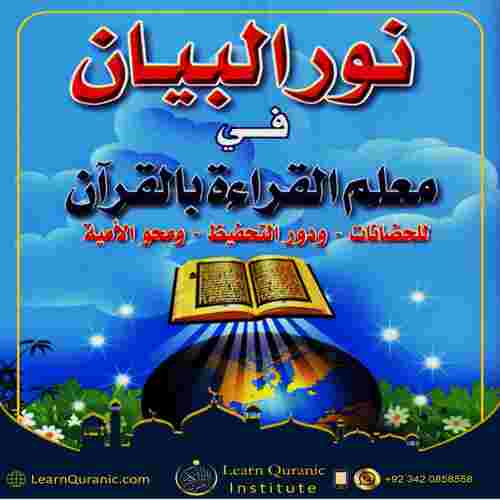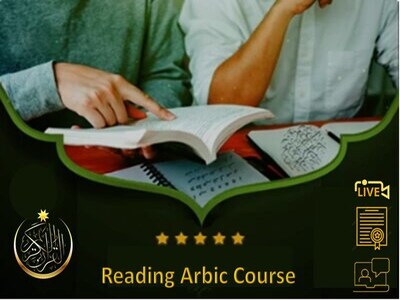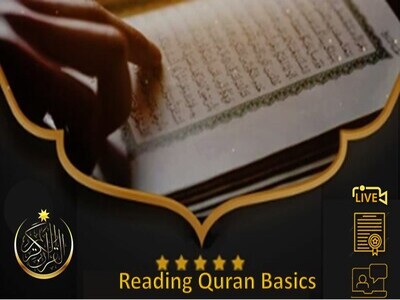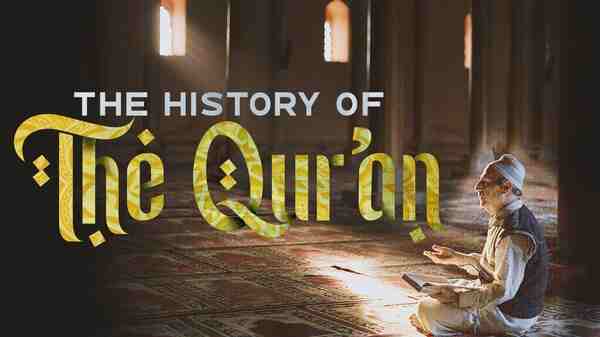Table of Contents
ToggleHistorical Context of the Quran
Understanding the historical context of the Quran is essential for comprehending its teachings, its impact on society, and its role in shaping Islamic civilization. The Quran, the holy book of Islam, was revealed to the Prophet Muhammad (PBUH) over 23 years, beginning in 610 CE. Below is an exploration of the key historical contexts surrounding the Quran.
1. The Era of Ignorance (Jahiliyyah)
The Quran was revealed in a time known as Jahiliyyah, or the “Age of Ignorance,” characterized by widespread polytheism, tribalism, and social injustice in pre-Islamic Arabia. The society was divided into various tribes, each with its deities and customs. Practices such as idol worship, female infanticide, and tribal warfare were common, which the Quran sought to reform.
2. Revelation Period
The revelations of the Quran began in 610 CE when Muhammad received the first verses during meditation in the Cave of Hira near Mecca. This period lasted until his death in 632 CE, encompassing both the Meccan and Medinan phases of his life. The revelations addressed various aspects of faith, ethics, and law, guiding the early Muslim community.
3. Meccan Period
During the Meccan phase, the Quran emphasized the oneness of God (Tawhid), the need for moral integrity, and social justice. The early verses focused on spiritual matters, urging believers to worship Allah alone and abandon idolatry. This period faced significant opposition from the Quraysh tribe, leading to social and economic boycotts against Muhammad and his followers.
4. Medinan Period
After the migration (Hijrah) to Medina in 622 CE, the focus of the Quran shifted towards establishing a cohesive Muslim community. Revelations addressed social, legal, and political issues, providing guidance on marriage, warfare, charity, and governance. This period marked the consolidation of the Muslim community and the formation of the first Islamic state.
5. Cultural Influences
The Quran emerged in a culturally rich environment, influenced by various civilizations, including Persian, Byzantine, and Jewish cultures. The Quran often engaged with these traditions, addressing their beliefs while presenting a distinct monotheistic message. This interplay contributed to the rich tapestry of Islamic thought.
6. Oral Tradition
The Quran was primarily transmitted orally, reflecting the importance of oral culture in Arabian society. Many companions of the Prophet, known as Hafiz, memorized the Quran, ensuring its preservation. This oral tradition not only emphasized accurate recitation but also fostered a deep spiritual connection with the text.
7. Written Compilation
The Quran was initially recorded on various materials, including parchment, bones, and palm leaves. Following Muhammad’s death, the need for a standardized text arose. The first caliph, Abu Bakr, commissioned the compilation of the Quran into a single manuscript, which was later standardized during the caliphate of Uthman ibn Affan around 650 CE.
8. Early Islamic Community
The Quran served as a foundational text for the burgeoning Muslim community, providing a cohesive identity and ethical framework. Its teachings guided social interactions, legal principles, and spiritual practices, reinforcing a sense of unity among Muslims as they navigated challenges from external and internal sources.
9. Impact on Law
The Quran laid the groundwork for Islamic jurisprudence (Sharia), influencing legal systems throughout the Islamic world. Its verses addressed criminal law, family law, and civil matters, contributing to the development of a comprehensive legal framework that governed personal conduct and community relations.
10. Global Spread and Influence
Following the early Islamic conquests, the Quran spread throughout the Arabian Peninsula and beyond. Its teachings influenced diverse cultures and civilizations, leading to the establishment of Islamic schools of thought, literature, and art. The Quran remains a central text in Islamic spirituality, ethics, and law, continuing to shape the lives of millions around the world.
Conclusion
The historical context of the Quran reveals its profound influence on individual lives, communities, and societies throughout history. By understanding the socio-political and cultural conditions surrounding its revelation, we can better appreciate its teachings and their relevance to contemporary life. The Quran is not just a religious text; it is a living document that continues to inspire and guide Muslims across the globe.









